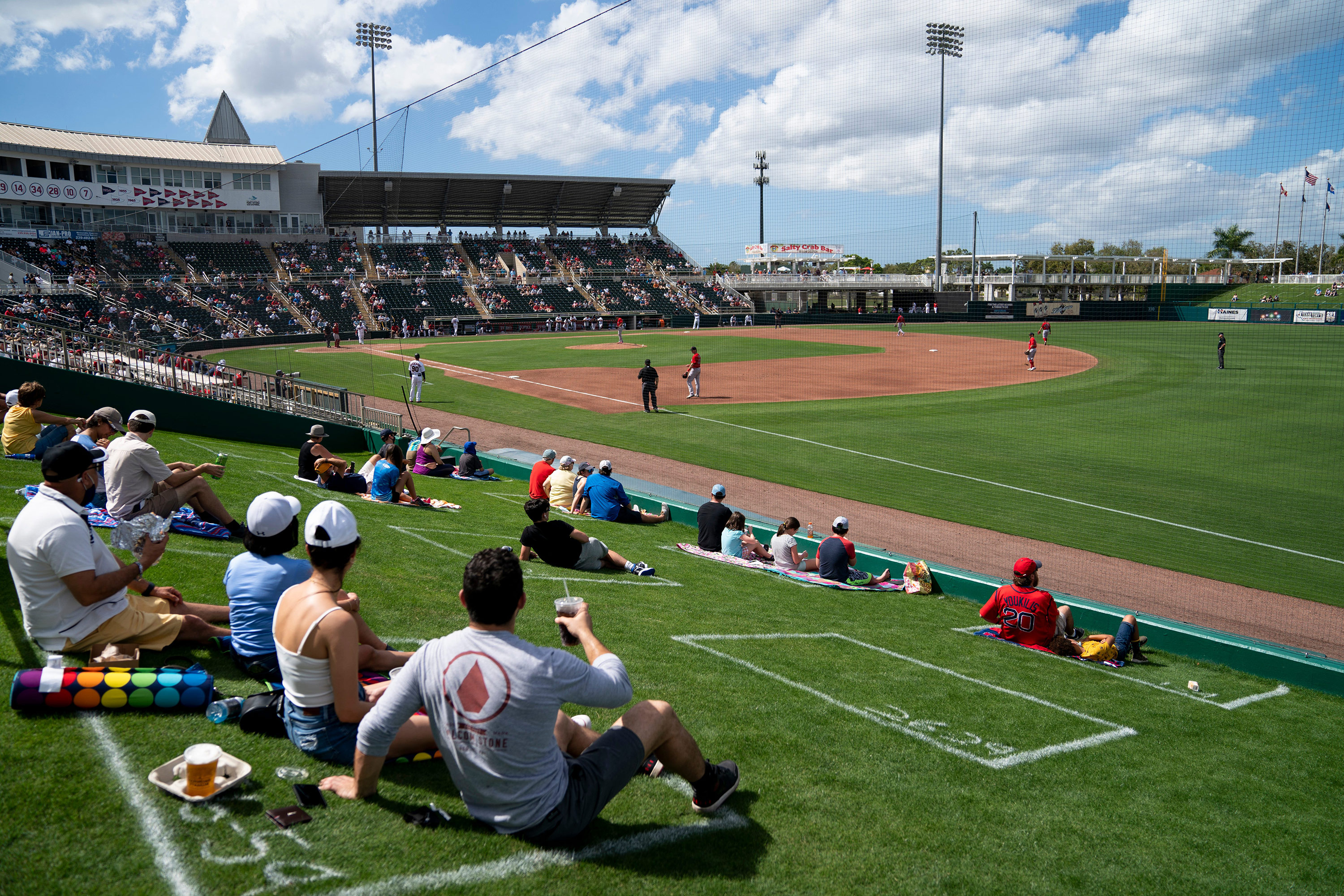
The number of Americans who think there will be a return to normal within the next six months or sooner is increasing, according to new poll results from Axios-Ipsos released Tuesday. Now, 40% of respondents think that’s the case, compared with 26% in late January.
And the number who think it will take a year or more to return to normal is more decreasing, now 17% compared with 30% in late January. The poll, which was conducted March 5 to 8, was based on a nationally representative sample of 1,001 Americans age 18 and over.
In the poll, 20% say they don’t know when they will return to pre-coronavirus activity levels for in-person gatherings outside their household or dining at a restaurant. The rest have a mix of responses — 30% say they already have attended in-person gatherings, 29% said they will once they or everyone in their circle has been vaccinated, 21% say they will when officials say it is safe, and 20% don’t know.
As 25% of respondents reported getting the vaccine, the vast majority of respondents say that they will continue public health measures even after being vaccinated, with 81% saying they would continue to wear a mask, 66% continuing to social distance and 87% saying they will continue frequent hand washing or sanitizing.
As these numbers are changing, so are the number of Americans staying home and avoiding contact with others and engaging in social interactions outside the home.
The number of Americans who say they are avoiding contact, 13%, is at its lowest since October, and down six points from a month ago. The number of Americans who have visited family or friends in the past week — 44% — is up seven points from a month ago.
The poll also looked at personal benefits experienced since the start of the pandemic. It found 36% said spending more time at home was the biggest personal benefit experienced, 33% said spending less/saving more was the biggest personal benefit, and a quarter noted spending more time with family.
There was also “some cautious optimism” around finances, with fewer people saying that their ability to pay their rent or mortgage had gotten worse, and a lower number of people saying they have been temporarily furloughed or suspended from work.
Finally, the poll looked at how the pandemic has affected dreams. It found that 1 in 3 Americans reported strange or vivid dreams in the last month, one-quarter had stressful or frightening dreams and fewer than 1 in 10 had coronavirus-specific dreams.